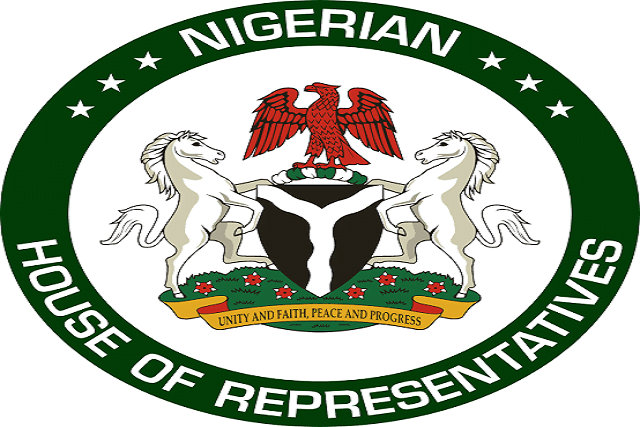The Nigerian Civil War | Causes, Positive Consequences & Negative Consequences
The Nigerian Civil War commenced on July 6, 1967, and officially concluded on January 15, 1970, with Major-General Philip Effiong, the chief of staff of the Republic of Biafra, formally renouncing the existence of the state at Dodan Barracks in Lagos. Causes Of The Civil War Immediate Causes The war had both immediate and […]
The Nigerian Civil War | Causes, Positive Consequences & Negative Consequences Read More »

